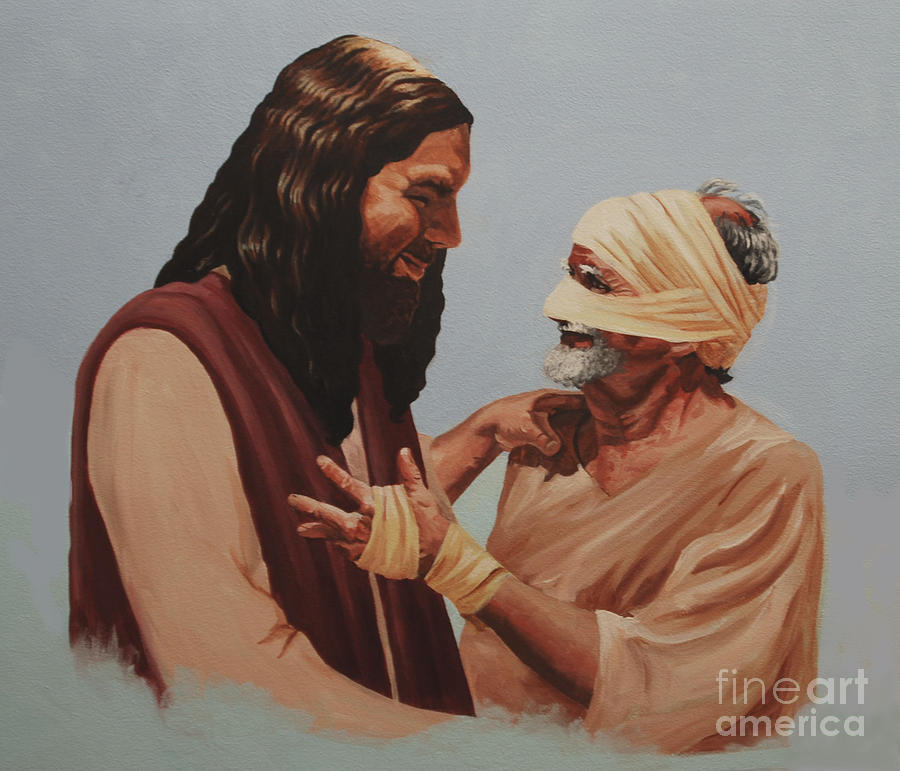There was a message behind these healings, and it sounded throughout all of Galilee, Judea, and the known parts of the world: When God became human, when he wrapped himself in our blood and skin and bones, his first order of business was to touch the ones that we would not touch, to fellowship in our sufferings, and to declare once and for all that purity is found not in the body, but in the heart. – Rachel Held Evans, A Year of Biblical Womanhood, p. 169
Lepers, menstruating women, foreigners, the dead. Within the context of the New Testament, these were the untouchables. They were unclean, and physical contact spread the uncleanliness.
But Christ healed the lepers, the woman with the issue of blood, He communed with foreigners, and He raised the dead. When I was reading Evans’s book, these words jumped out to me: “His first order of business was to touch the ones that we would not touch.”
We don’t alienate the untouchables of the New Testament now. However, we have created new ones. I think we need to start asking ourselves—no, not ourselves… We need to start asking the Lord, what would Jesus do if He were on the earth now. Whom would he embrace?
You know what leapt out at me? It was the many LGBT members of the church that we have scared—some to the point of death—with our version of who is unclean.
I’m not even sure the most pervasive problem is outright hatred and homophobia. I think maybe the more pervasive problem is the fallacy that we can love the sinner and hate the sin. I think maybe the problem is that we keep trying to convince ourselves and everyone else that it is just homosexual acts we disapprove of.
I think maybe the real, pervasive problem is that, for some reason, any relationship that is not heteronormative makes us forget Who we follow.
Remember that the untouchables of the New Testament were not sinners. These aren’t stories about Jesus hanging out with sinners—they had illnesses, reproductive systems, lived in another land, or were, you know, dead… That is not an appropriate parallel. In fact, that is a parallel we need to STOP making. It costs lives. These stories are about people who had done nothing wrong, and people with whom there was nothing fundamentally wrong—not with their character or their souls or with their potential for goodness. They had illnesses, reproductive systems, lived in another land or were, you know, dead.
These stories are about Jesus showing His followers that the people they distanced themselves from were just as worthy of His love as they were. These stories are about how Jesus showed us that we can be—that we so often are—very, very wrong about our perception of the worthy.
Please think about this before you try to convince yourself that denying homosexual couples services is in the name of Jesus. Please think about this before you try to tell someone it is the act that is a sin and pretend that doesn’t affect who that person is at the core. Please just think about how what you’re saying affects the Children of God with whom you are talking. If nothing else, Jesus would at least do that.
But also…
*Post image by Heide E Nelson.






This is one of the best covering this subject that I have seen. I look at the GA and think unclean.